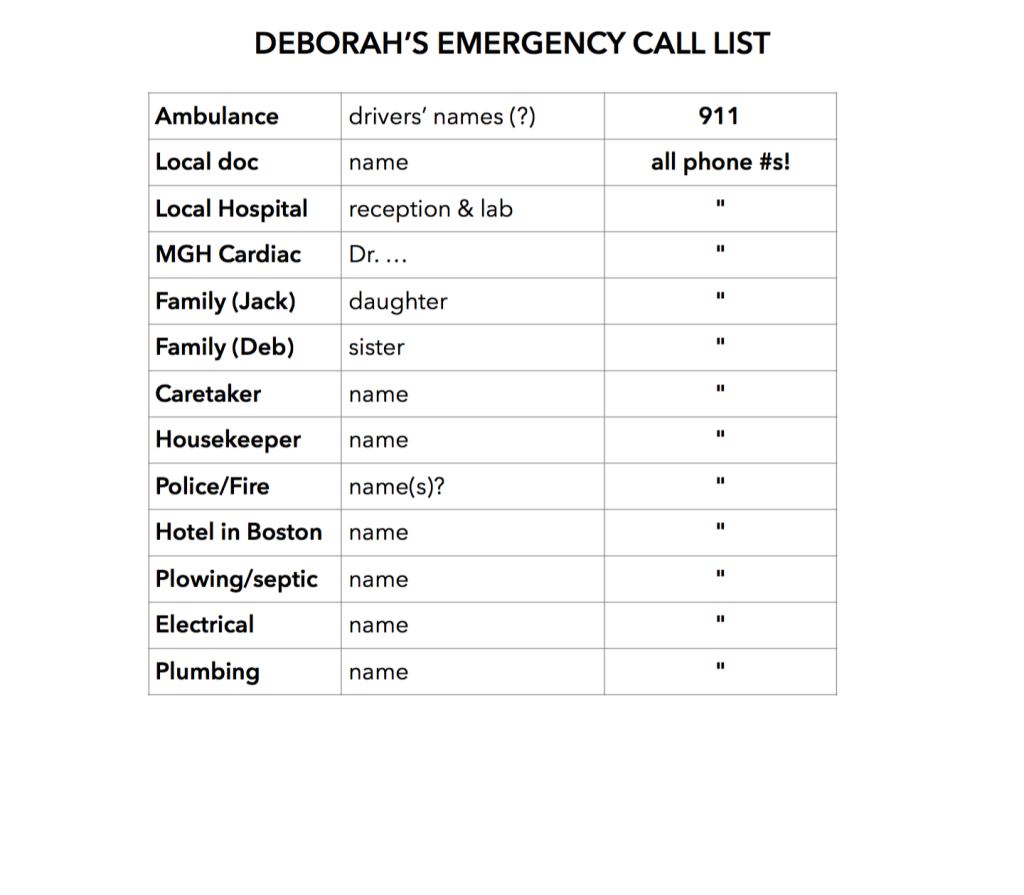What not to say
This hilarious short film by Lauren Rowe (a double-lung transplant recipient with cystic fibrosis) is brilliant. I saved sharing it for holiday time, when socializing can be a bit challenging for the chronically ill who attempt to join the party while also adhering to the health rules that keep us alive.
We humans are pretty amusing when we don’t know quite what to say. So, we often say the first thing that comes to mind, which is not always a good idea. Here’s a doozy from my own life when a friend learned that I had disability status: “You’re not disabled! I’ve seen you walk!” It was difficult to know where to begin…
You and I both know when we’ve spoken too fast out of awkwardness—signaled by the instant inward cringe and followed by the scramble to explain or apologize or escape as soon as possible, the hope for forgiveness. Perhaps when we encounter someone’s health restrictions, all we need to do is pause for a moment and offer a gentle smile, or simply say, “I understand or I respect that.” Besides, I can tell you from experience that those of us with medical challenges are sick of having to talk about or, worse, defend our restrictions and routines. As one of my MGH heart transplant docs said, “I don’t expect healthy people to understand the rules we ask our patients to live by. But I would certainly expect healthy people to respect those rules. Your life is at stake.” Yup, it’s serious. But Lauren Rowe makes me laugh about everything. xox Deborah
